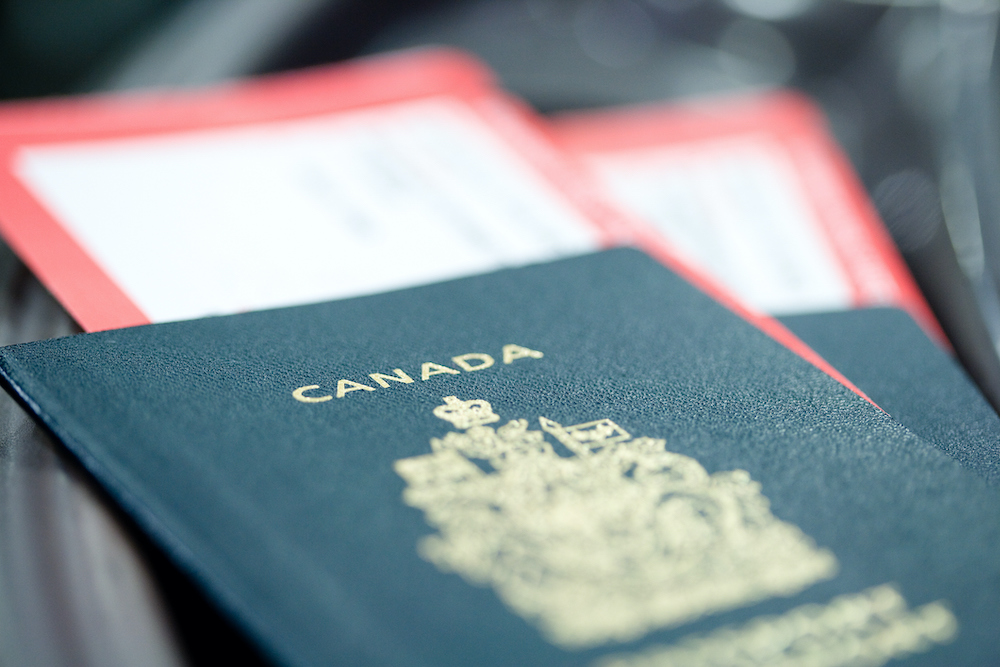As the year kicks off, Singapore once again claims the title of the world’s most powerful passport, according to the Henley Passport Index. The prestigious red travel document provides holders with visa-free access to 195 out of 227 global destinations, surpassing all other countries in terms of mobility. Japan, ranked second, boasts access to 193 destinations, securing its place at the top after regaining visa-free entry to China, a perk lost during the COVID-19 pandemic.
In the third spot, European nations such as France, Germany, Italy, Spain, Finland, and South Korea share the title, with visa-free access to 192 destinations. The fourth spot reflects the strength of the European Union’s Schengen Area, with Austria, Denmark, Ireland, Luxembourg, Netherlands, Norway, and Sweden each offering their citizens visa-free entry to 191 countries.
In fifth place, Belgium, New Zealand, Portugal, Switzerland, and the United Kingdom have access to 190 destinations, making them part of the top tier of passport holders.
The Henley Passport Index, which tracks global passport power based on visa-free access, highlights the widening gap in mobility between the world’s top and bottom-ranked countries. At the lower end of the scale, Afghanistan continues to hold the bottom position, with access to only 26 destinations, followed by Syria with 27, and Iraq at 31.
While the world’s most powerful passports enjoy increasing freedoms, the rankings also show significant shifts in global mobility. Canada, which has long enjoyed a prominent position, is now among the “top 5 losers.” Over the past decade, Canada’s passport has slipped three places, now sharing the No. 7 spot with Poland and Malta. Despite this, Canadian passport holders still enjoy visa-free access to 188 destinations, placing the country among the top performers globally.
The United States has also fallen in the rankings, dropping from second to ninth place, further emphasizing the changing landscape of global mobility. Meanwhile, the United Arab Emirates (UAE) stands as one of the biggest success stories, having jumped 32 places in the past decade to secure 10th place, thanks to increased access to 185 destinations.
Other notable climbers include China, which has risen dramatically from No. 94 in 2015 to No. 60, signaling the growing power of its passport in recent years. This shift underscores the growing importance of passport rankings, with countries striving to enhance their global standing and ensure greater access to international opportunities.
Henley & Partners’ ranking, which considers 199 passports from countries and territories worldwide, highlights the evolving nature of international mobility. Canada’s position as a “loser” reflects the increasing global competition for top-tier passport rankings, while countries like Singapore, Japan, and several European nations continue to dominate the top spots.
As travel regulations and global mobility evolve, Canada’s decline in passport power serves as a reminder of the fluctuating dynamics of international access and the importance of adapting to new global realities.
Top 10 Most Powerful Passports for 2025:
- Singapore (195 destinations)
- Japan (193 destinations)
- France, Germany, Italy, Spain, Finland, South Korea (192 destinations)
- Austria, Denmark, Ireland, Luxembourg, Netherlands, Sweden, Norway (191 destinations)
- Belgium, New Zealand, Portugal, Switzerland, United Kingdom (190 destinations)
- Greece, Australia (189 destinations)
- Canada, Poland, Malta (188 destinations)
- Hungary, Czechia (187 destinations)
- Estonia, United States (186 destinations)
- Lithuania, Latvia, Slovenia, United Arab Emirates (185 destinations)
As global passport rankings continue to shift, the mobility gap between the most powerful and least powerful nations has never been wider, underlining the growing significance of global mobility in today’s interconnected world.
Source: Swifteradio.com


